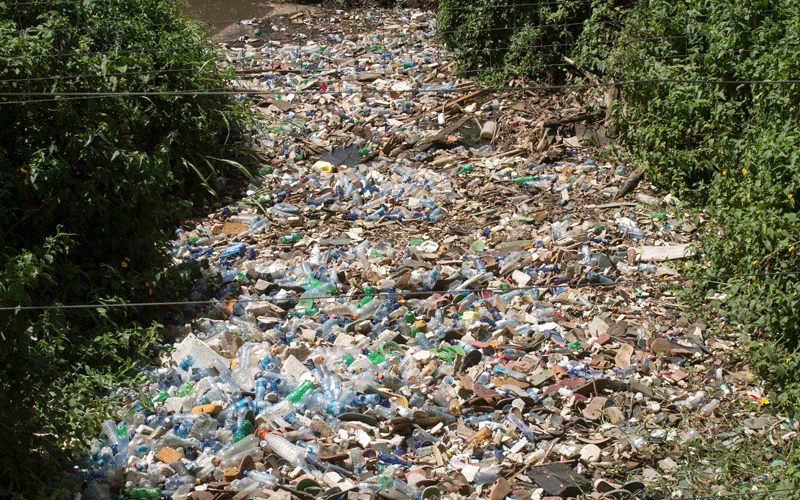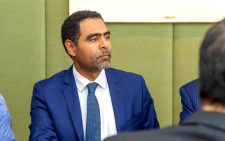New treaty set to end plastic pollution in Africa by 2024

The Heinrich Böll Stiftung (hbs) has unveiled a campaign aimed at fostering dialogue to end plastic pollution in Kenya as stakeholders urge the government to put up strict measures to end plastic pollution in the country.
In a statement on a dialogue on unpacking the resolution to end plastic pollution adopted by the United Nations Environment Assembly (UNEA) early this year, hbs Nairobi Office Director Joachim Paul said plastic pollution is becoming a major problem and needs combined efforts from all the stakeholders to find a lasting solution to end the problem. “Plastic production and pollution requires concerted efforts from everyone because the impact of this crisis is contributing to the climate change and food crisis that we are currently experiencing,” noted Joachim.
At least 14 million tons of plastic end up in the ocean every year. Plastic debris is now the most abundant type of litter in the ocean, accounting for 80 per cent of all marine debris discovered from surface waters to deep-sea sediments. “About 400 million tonnes of plastic is produced annually and only less than 10 per cent is recycled. Plastics take over 400 years to degrade which is dangerous to the environment, humans and animals,” said Fredrick Njau.Programme Coordinator, Sustainable Development at hbs.
Amos Wemanya, Power Shift Africa’s Senior Advisor on Just Energy Transition, stated that Kenya lacks infrastructure to manage both biodegradable and non-degradable waste and there is need to protect developing countries through global regulatory framework.
Wemanya further stated that it was time companies that depend on plastic to consider alternatives in readiness to end plastic pollution by 2024.
According to the United Nations Environment Programme (UNEP) over 400 million tons of plastic are produced yearly, with half of that amount used to create single-use items such as shopping bags, cups and straws.










